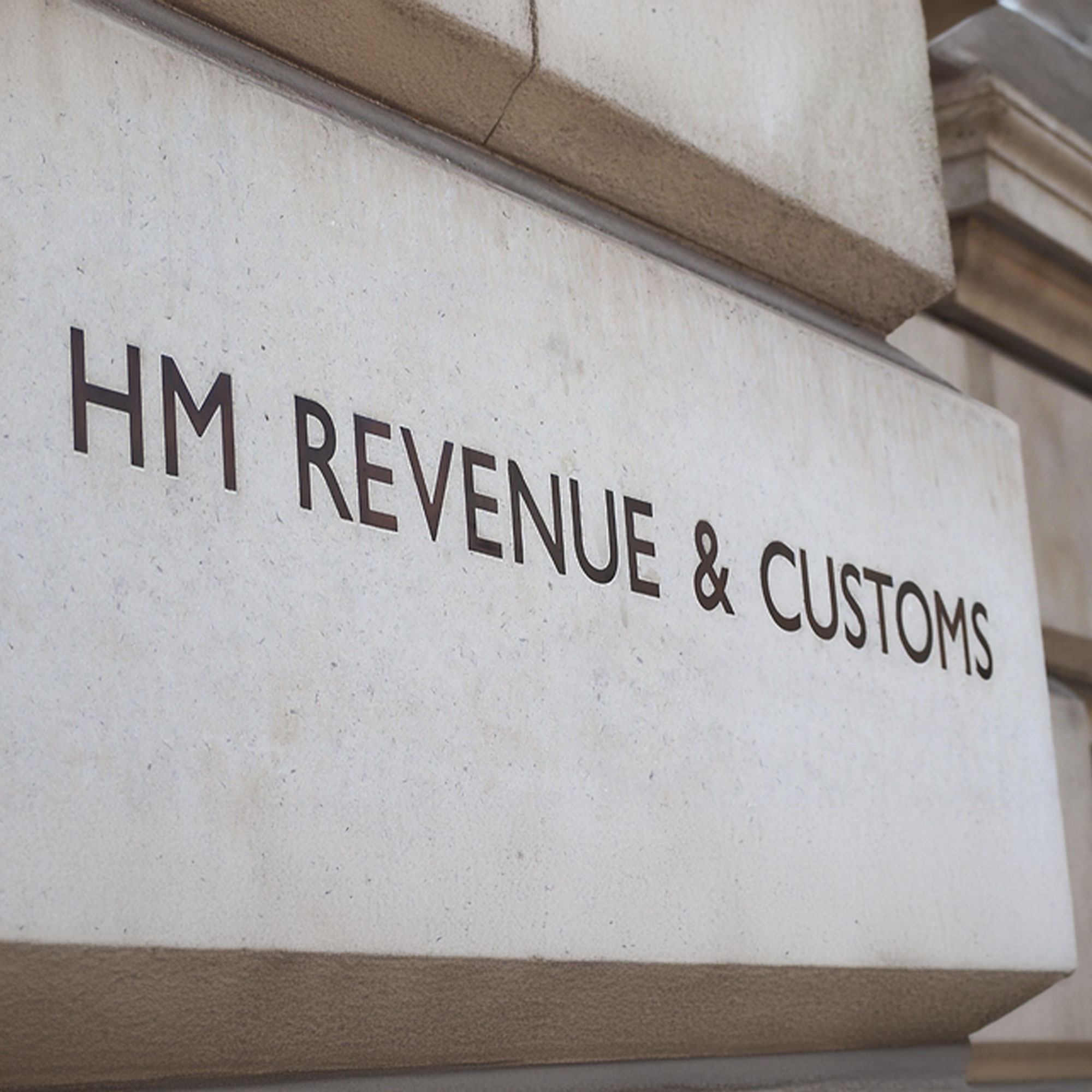Tax Disputes and Investigations – June and July 2024

Our regular newsletter highlighting recent developments in the law and practice around Tax Disputes and Investigations.
HMRC’s Annual Report
HMRC’s Annual Report, published at the end of July, includes lots of detail about the department’s performance in the 2022/23 tax year and provides some useful insight into likely priorities going forward. Some highlights include;- The data for HMRC’s Fraud Investigation Service (‘FIS’) shows a significant number of cases on hand (2,077 under Code of Practice 9 and 937 under Code of Practice 8) in the 2023/2024 year, with 268 opened in the year (as against 417 cases opened under Code of Practice 9 in the previous year and 674 opened under Code of Practice 8). The data reflects the significant drop-off in new investigations which we and many other practitioners who deal regularly with FIS have been reporting this year. We would expect to see a significant increase in the number of new FIS investigations over the next year as well as a concerted effort to resolve historic cases.
- The report obviously supports the experience of most tax professionals that HMRC’s Customer Service standards around correspondence and telephone services in particular need to be improved. It is clear that HMRC see the answer to these issues as expanding their online services to remove the need for telephone, email and traditional correspondence.
- An increase in applications for ADR can be seen between 2022/23 and 2023/24 with a resolution rate of cases accepted into the process of 83.7%. Although the resolution rate has dropped slightly from the previous year (at 86.7%), it remains very high and emphasises the value of ADR in appropriate cases. It is clear that, despite the relatively low take-up, HMRC increasingly views ADR as an important part of the dispute resolution process.
- The report highlights R&D as a continuing area of focus. HMRC’s data indicates that although a significant number of claims are incorrect (they estimate an error rate of 14.6% in the SME scheme for 2023/24), this is largely not the result of fraud but of carelessness.
Areas of Focus for HMRC
HMRC continue to identify various areas of tax risk on which they will focus resource. It is increasingly the case that targeted campaigns in response to specific risks are being used to augment HMRC’s compliance efforts. This can be seen most clearly in the use of ‘nudge’ letters but is also reflected in HMRC’s Spotlights and less formal targeted campaigns. Two particular areas of recent focus to be aware of are;Cryptoassets
HMRC are sending letters to taxpayers whom they believe have disposed of Cryptoassets but not declared any resulting chargeable gains or income. A small number of letters are being sent out in August with a larger batch following in September. The letter advises recipients on what action to take if necessary and points them towards the Cryptoassets Disclosure Service. The taxation of Cryptoassets is not straightforward and we expect that a significant number of disclosures will be made. Clients who may have made errors in connection with Cryptoassets would be well-advised to act quickly and not to wait until the letter is received. This is because the receipt of a nudge letter will likely increase any penalty payable because a reduction for ‘unprompted’ disclosure will not be available. It is also worth noting that taxpayers who believe they have nothing to pay are still being asked to contact HMRC to explain their reasons and provide any supporting information. Whether to provide such a response to HMRC will require careful consideration.Workplace Nursery Arrangements
We are aware that significant numbers of employers have participated in workplace nursery arrangements under which they offer nursery places for employees’ children. HMRC have recently announced that they are aware of a small number of operators who have advertised arrangements as having been approved by HMRC, but which do not meet the specific requirements of the scheme. In particular, there are specific requirements around partnership arrangements which HMRC are concerned are not being met. Given that workplace nursery arrangements are generally provided by way of a salary sacrifice arrangement, there is a significant risk that substantial liabilities may arise if the conditions are not met. We recommend that clients who are using such an arrangement should carefully review whether the detailed conditions are met in order to mitigate the risk of any HMRC challenge.Deliberate Penalties and Tax Avoidance
We are increasingly seeing HMRC assert that penalties are payable in cases involving marketed tax avoidance schemes. Most recently, HMRC have asserted that penalties should be payable in settlement of liabilities associated with Remuneration Trust arrangements marketed by Baxendale Walker Solicitors and related entities. In some cases, HMRC are seeking to argue that penalties should be payable on the basis that there was ‘deliberate’ error. Where an error is deliberate, as well as a significantly increased penalty, the time limit for assessment is also extended to 20 years. A recent decision of the Upper Tribunal, Outram v R&C Commrs, provides some much-needed clarity in this area and will be helpful for those facing similar HMRC arguments around deliberate behaviour. The appellants in Outram were involved in a scheme promoted by Montpelier which required that they were trading in Contracts for Difference. The CFD transactions were claimed to have generated significant losses. The First Tier Tribunal had held that the appellants were not trading and that they had behaved deliberately but the Upper Tribunal found that the FTT decision had been based on an objective assessment of the appellant’s behaviour rather than the subjective assessment which is set down in the case law. The case illustrates the importance of evidence as to the actual state of mind of a taxpayer in assessing whether behaviour was deliberate. The position adopted by HMRC will be familiar to many practitioners who have engaged in similar arguments; the arrangements were artificial, and advice was not taken therefore the taxpayer ‘must have known’ that their return was incorrect. The decision in Outram is a useful reminder that the analysis required is more nuanced and requires consideration of the taxpayer’s actual state of knowledge. The case has been remitted to the First Tier Tribunal. It appears likely that, given the Upper Tribunal’s decision, HMRC’s general approach to such arguments will focus on assertions of ‘blind-eye’ knowledge rather than straightforward assertions of deliberate behaviour.Tax Disputes and Investigations – November 2024
The Autumn Budget contained several high-profile measures which have obviously been the subject of considerable debate since. In this month’s newsletter, we have looked at some of the immediate announcements which may be specifically relevant for those dealing...
Tax Disputes and Investigations -October 2024
Alternative Dispute Resolution (‘ADR’) By Jon Preshaw ADR is an increasingly important part of the toolkit available to practitioners and HMRC to resolve disputes. Our recent experience is that HMRC are keen to engage through ADR in most circumstances. In...
Tax Disputes and Investigations – April and May 2024
Our regular newsletter highlighting recent developments in the law and practice around Tax Disputes and Investigations. Remuneration Trust Structures – an Update on HMRC activity HMRC have notched another success in their efforts to target Remuneration Trust...



